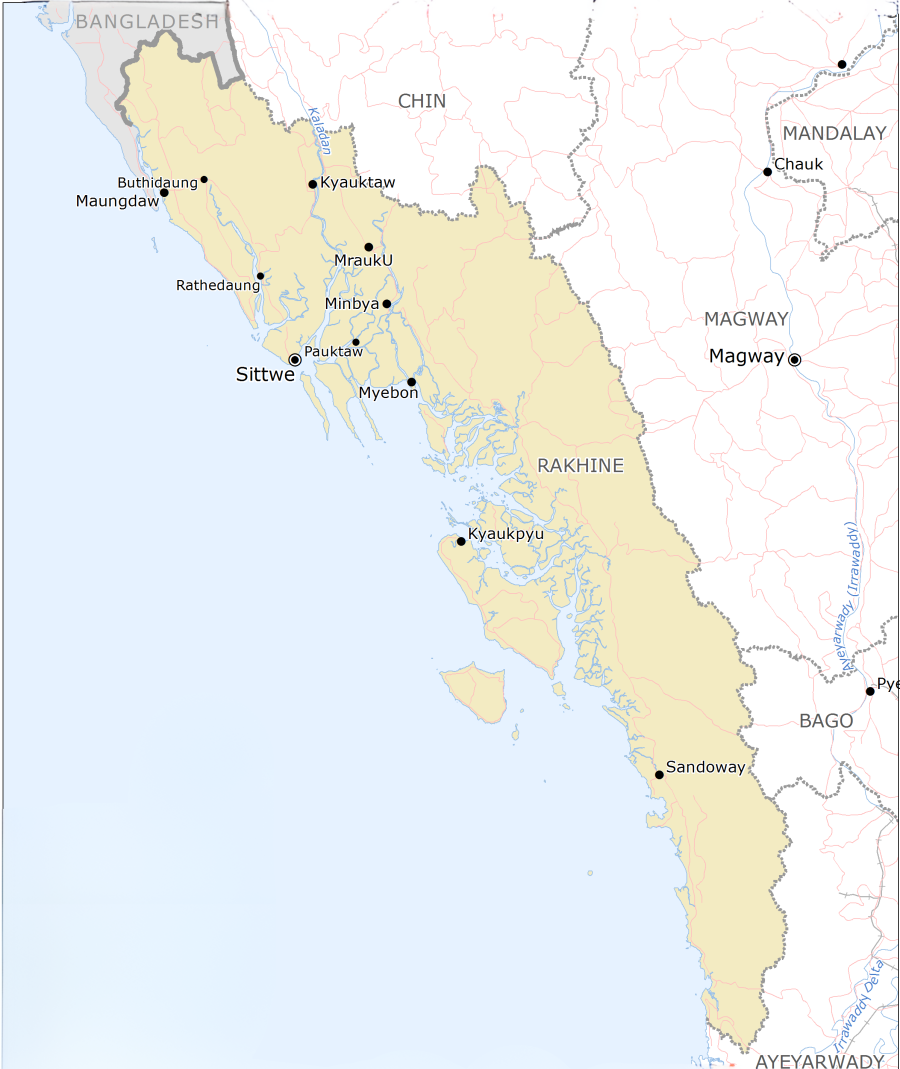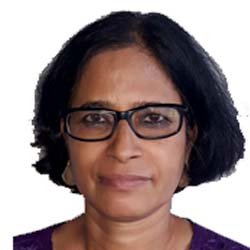Columns
Rakhine Humanitarian Corridor controversy
Bangladesh providing a corridor for Rohingya refugees may influence regional power politics.
Smruti S Pattanaik
Bangladesh’s decision to provide a humanitarian corridor for the Rohingya refugees has raised controversy. Both political parties and the Army have questioned the decision of the Chief Adviser of the interim government, Muhammad Yunus, to allow the opening of a corridor without consultations. It appears that this proposal for a humanitarian corridor was mooted in New York and later when António Guterres, the UN Secretary-General, met Yunus on his visit to Dhaka in February.
On April 7, the newly appointed National Security Adviser, Khalilur Rahman, spoke of the humanitarian corridor to supply aid to the Rakhine State (a state in Myanmar, formerly known as Arakan State). Since then, this proposal has drawn widespread criticism, often prompting the government to issue several clarifications. Adding to this controversy is the government’s decision to give the management of Chittagong Port, the country’s main seaport, to a foreign company.
Eluding political consensus
Nobel laureate Mohammad Yunus became the head of the interim regime in Bangladesh after Sheikh Hasina’s ouster last year. Although the six reform commissions that have been constituted have submitted their reports, the Yunus government is struggling to implement the necessary reforms. The government has appointed a consensus committee to reach a consensus with the political parties regarding the contours of the reform through dialogue.
Unfortunately, a consensus has eluded the commission. As the second round of discussions began with political parties, the Bangladesh Nationalist Party (BNP) saw this as a tactic to delay the national elections. Interestingly, the commission also said it would reveal the key unresolved issues and political parties’ stance on them while discussing 166 critical recommendations from the five commissions, except for the Police Reform Commission, with 38 political parties spanning over 45 sessions.
Conflicting views
As the public outcry grew on April 27, Foreign Adviser Touhid Hossain said, a ‘decision in principle’ has been taken. Meanwhile, the National Security Adviser Khalilur Rahman claimed that Bangladesh has not entered into agreement with any country. Rahman added, “It will be a humanitarian passage—a path for delivering humanitarian aid.”
On April 28, Rahman said, “There needs to be a consensus among various stakeholders. We are engaged with the UN and other relevant parties on this issue.” On May 4, he reiterated, “This is not a ‘corridor’—it is a humanitarian channel. The definition of a corridor is different. We’ve been discussing a relief channel to send aid to Rakhine, which would operate under UN supervision.”
Similarly, Chief Adviser’s Press Secretary, Shafiqul Alam, said, “We want to make it clear that the government has not held any discussions with the UN or any other organisation on the so-called humanitarian corridor.” Tariq Rahman, the BNP’s acting chairman, said that such a corridor poses risks to Bangladesh’s sovereignty and independence, and the decision was taken without any consultation with the people.
The Communist Party of Bangladesh, the Bangladesher Samajtantrik Dal, the Islami Andolan Bangladesh, the Hefazat-e-Islam and the Gano Adhikar Forum questioned the intention behind agreeing to the corridor and also the reason why the sea route to reach Rakhine was not explored. They also accused the government of not consulting with them. Jamaat-e-Islami said that the interim regime made an ad-hoc decision and added that such issues should be left to the elected Parliament.
Likewise, Army Chief Wakar-uz-Zaman expressed his displeasure while speaking to the Officers in Dhaka. He also raised the question of election violence, persistent violence in Bangladesh, and the interim regime’s inability to control the mob culture. The Army Spokesperson said, “The Army will not compromise on issues related to the corridor, national security, and national sovereignty.”
This raises an important question: Why did Bangladesh even discuss and agree to this humanitarian corridor? It is speculated that this proposal will draw Bangladesh into great power politics in the region. The US may be planning for a regime change in Myanmar by using the pretext of providing humanitarian assistance.
Both China and India, which have significant strategic interests in Myanmar, are also closely watching the developments. Bangladesh’s argument that it would facilitate humanitarian aid to Myanmar with the help of non-government organisations under the supervision of the UN has not cut much ice. Historically, such humanitarian corridors have been used to facilitate regime change. Moreover, Bangladesh has not spoken to Myanmar about establishing this corridor, which is likely to be rejected by the Tatmadaw (the Myanmar military).
While Bangladesh keenly desires the repatriation of Rohingya refugees to Myanmar, it has failed to do so. In 2017, China negotiated a three-step formula, but it did not help in repatriation, as most refugees were unwilling to return. Moreover, with the Arakan Army (a key ethnic armed organisation) ascendant in the Rakhine state, the Rohingyas are in a precarious situation. The Tatmadaw has enlisted some of them.
The interim regime is also facing flak on another issue: The leasing of the New Mooring Container Terminal (NCT) at Chittagong Port to a Dubai-based global logistics company, DP World, as a part of a government-to-government (G2G) agreement. It is already a fully operational port generating revenues of around Tk10 billion, and the political parties in Bangladesh consider it a national strategic asset.
No roadmap to election
In light of the mounting pressure, Yunnus wanted to resign; however, given that Bangladesh is at a political crossroads, the student leaders convinced him to stay. As the political parties insist on a definite roadmap for the election, the interim regime does not want to commit. Its primary support base, the students and student-led political parties, the National Citizens Party and the Jamaat Islami, wants an election in mid next year.
It remains to be seen how the interim regime navigates the challenges of domestic politics and foreign policy. It has already replaced the foreign secretary over disagreement on foreign policy issues reportedly pertaining to Pakistan. The main challenge would be the pressure from the Army, which is involved in maintaining law and order and wants to go back to the barracks after the election.




 8.83°C Kathmandu
8.83°C Kathmandu















